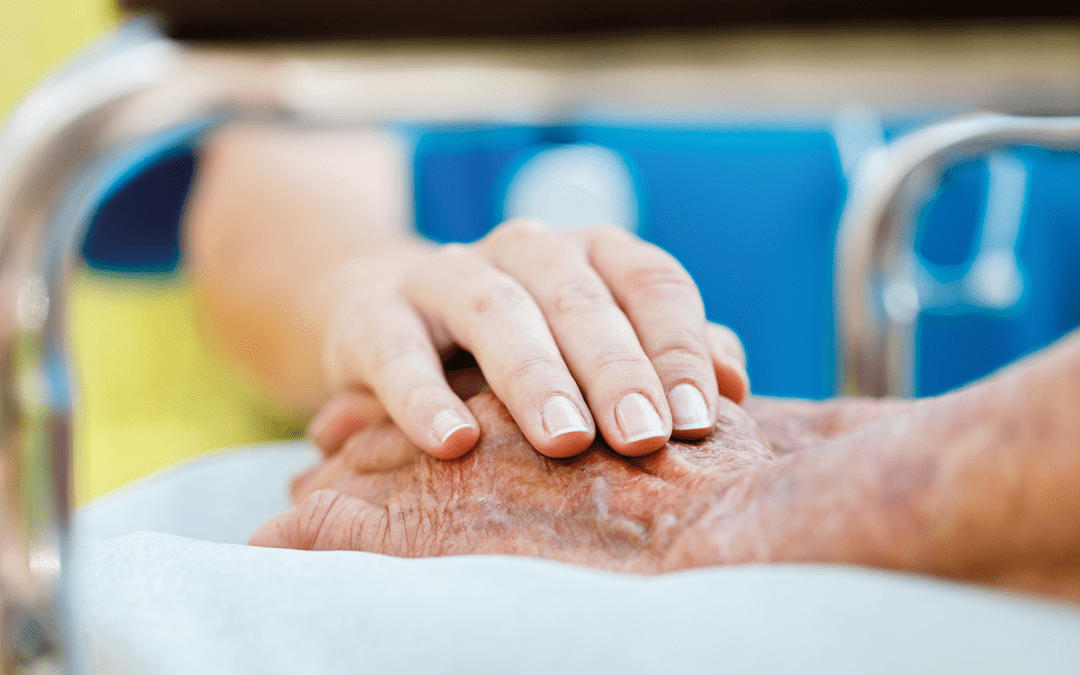By Chris Milne, Solicitor, Director and Head of Private Client
At Onions & Davies we make a lot of Powers of Attorney for people. Most of these are Lasting Powers of Attorney and we make a lot more financial ones than healthcare ones. Statistics show that this is the same nationally. Powers of Attorney are documents where you allow one or more other people to act on your behalf. Some of these are quite specific, for particular purposes, and some of them are a lot more wide-reaching.
General Powers of Attorney are useful for something quite specific or for the short term, but they come to an end when the person who made them loses the mental capacity to make decisions for themselves. This is where Lasting Powers of Attorney (LPAs) are used, and there are two sorts that you can make: a Lasting Power of Attorney for property and finances and a Lasting Power of Attorney for health and care decisions.
One of the reasons why financial LPAs are more common, is that if you lose the mental capacity to manage your own financial affairs, things come to a halt. Bank accounts will be frozen (including joint accounts, even if the other person still has mental capacity), investment decisions can no longer be made, you could not move house, and even day to day activities like dealing with utility companies or claiming your pension become difficult.
With the healthcare LPA, it is not quite the same. If you become unable to make decisions about your health and welfare, those decisions will still be made, but just by other people – the medical and care professionals who are working with you. This is all very well, but it may be that you would want somebody of your choice to make those decisions for you, especially if you have communicated your wishes to them before you become ill. Medical and care professionals do not have to involve family members in their decision making, and with ever increasing strict data protection and patient confidentiality rules, they are less and less likely to.
The recent months of the pandemic have highlighted some of the problems that can arise where there is no healthcare LPA in place. With less daily contact between family carers and their relatives, and their relatives’ professional carers, family carers are finding themselves side-lined in the decision making.
It is hard enough not being able to see your relative as much as you would like to, but being excluded from the day to day discussion and decisions that affect them, makes things even more difficult. With a healthcare LPA, you are formally being given the authority and right to be involved with your relative’s care, and so putting one of these in place is becoming more and more important. As the person being cared for, it can be hugely reassuring to know that you can choose who you would like to help you when decision making starts to become difficult for you.
For sensitive and expert advice on all aspects of Powers of Attorney, Wills and End-of-Life matters, contact our Private Client Team on 01630 652405 or chris@onionsanddavies.co.uk

